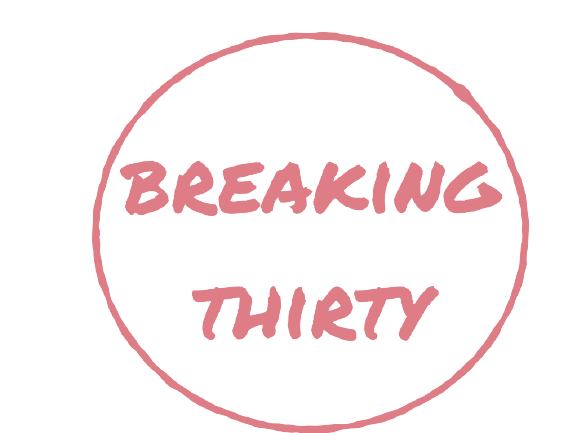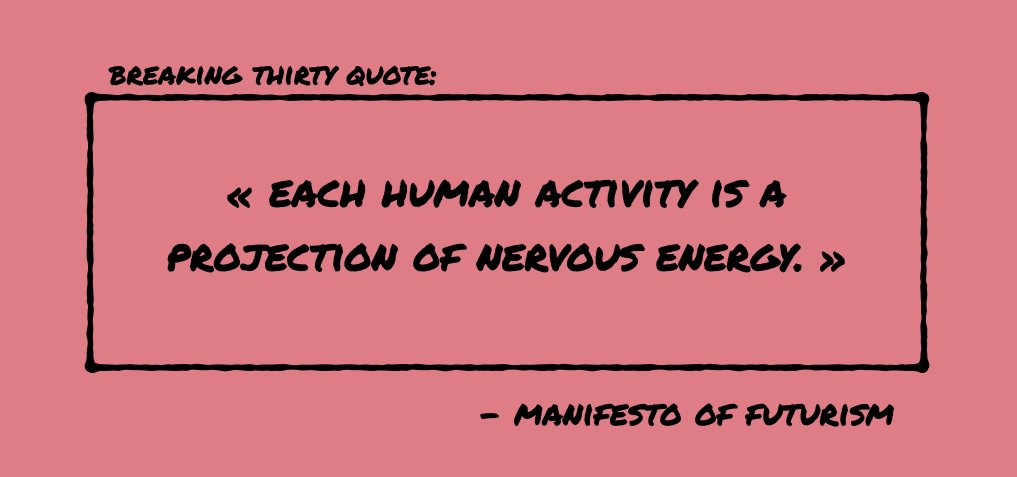The one strategy you need to become a thought-provoking thought leader on linkedin
Sometimes I don’t feel like working. At all. So much so that I rather clean all the toilets of my company’s offices here in Switzerland than working. I’m aware that asking my boss to clean the toilets instead of finishing the slide deck will only get me so far in the corporate world and this is why I devised another (much smarter) long-term strategy to fight against lazy days at work. When low motivation kicks in, I do what every other sensible millennial in the workforce would do: I go on LinkedIn and pretend it’s still work.
LinkedIn is the social network created for us millennials who were brought into this world between 1981 and 1996 with the sole purpose of changing it altogether. For the better of course! We were raised being told that we were special, brilliant and capable of big things… and big things only. Small things are not meant for us: writing reports, being an accountant, serving coffees in bars, building public transportation infrastructures, raising children... All these practical down-to-earth tasks are just too small for us and clearly humiliate our great potential. LinkedIn knows that. LinkedIn knows that as much as we are capable of deep thoughts and ground-breaking new ideas, on the other hand, we can’t cope with the discomfort and the endurance it is required to get our hands dirty and carry out something finite, tangible and measurable. Cleaning toilets is certainly one of these small tasks and that is why I too go on LinkedIn and magically turn an unproductive half an hour into a precious chance to randomly re-share intelligent articles that were already posted by someone else. All this without reading none of them and in the hope of building a community of faithful unproductive followers that will one day regard me as a thought-provoking thought leader.
I love LinkedIn! Do you know what I like more than the glorified waste of time this social network offers? Glorified waste of time on steroids! These are the webinars that teach you how to build your brand and how to have an appealing LinkedIn profile that will make you, one day, the CEO of a Fortune 500 company. Some of these webinars are organized by the HR of lucky corporations like mine. I happily joined one of these webinars not so long ago because I absolutely wanted to make my unproductive LinkedIn time more productive. And I said “happily joined” because the webinar counted as part of our annual learning hour budget. This meant I could get away with one hour of unproductive work without the residual sense of guilt left by a regular session on LinkedIn by myself.
And the HR knows that. The HR knows that we are a generation of disruptors who, however, feel immense guilt for often indulging in not so disruptive actions and having to confront our corrupt human nature. (After all, we are the generation who started spreading avocados on toast instead of Nutella. The sense of guilt for eating hardcore unhealthy fats was in fact killing us faster than cellulite.) That is why the HR and all these people creating webinars never blame us for our weaknesses and instead capitalize on them. They package these webinars with irresistible and guilt-free titles that sound like “Five disruptive strategies to grow your community instantly without wasting your life on social media”. And clicking on “Accept” as soon as the invitation mail lands into our inboxes feels as good as buying a high-protein fat-free chocolate yogurt at the supermarket.
The most interesting and striking part of the webinar I joined was when they spoke about how to improve our job title description on LinkedIn. To my surprise, their suggestion was to remove the job title altogether and to substitute it, instead, with the ultimate purpose of our paid endeavour. This way, in the example they made, the job title of an HR intern turned into something like: “I am on a mission to connect people’s skills and capabilities with the best fitting market opportunities”. Gosh, when I read that non-job title I cringed. No clear profession identification. Therefore, no clue on what problem someone may solve by contacting this person. No hint on what industry we are talking about, as if the HR intern was knowledgeable in all the skills required in every sector. And, of course, no seniority level. In fact, millennials are never at the beginning of a career: we are by default leaders (and our bosses are leaders of leaders). Also, with such a non-job description, what is the difference between an HR intern and the person selling you an Internet subscription: aren’t job interviews held with video calls and needing a connection anyway?
Imagine the usefulness of the old Yellow Pages back in the 90s if job descriptions were like those LinkedIn regards as thought-leader provocative. Imagine someone with a leaking pipe under the washing basin searching for a plumber. First of all, the dude couldn’t simply go to “P” and search for “Plumber” because that would have been a real (and therefore, uncool) job description. Instead, while the pipe kept leaking, he would need to guess what sort of disruptive statement a plumber might describe his job with. While “passion” might have been a good guess, he still had to be lucid enough to realize that “water” was a better suited keyword for an efficient search. Finally, he would find a sensible non-job description candidate: “Passionate about channeling water as a source for good to nourish your body and soul every single moment of the day”. He would then call the number and be anxious until the end to find out whether an actual plumber or Aquaman came to fix his pipe.
Why is it nowadays seen as not disruptive-cutting-edge-cool to have simple and clear job descriptions that answer the question: “what problem can you help me solve?” Is it because having a clear problem to solve entails small actionable steps that are against to our intrinsic nature of thought leaders? Or is it maybe because we actually solve no problem? Or is it because we desperately need to transcend our daily tasks and see a higher purpose in order to endure the boredom of normality?
With all these obsessive thoughts cluttering my head, I finished the webinar sure that my uncool job description was going to stay the same… and that I needed to find another strategy to make my unproductive time on LinkedIn more productive.
Now I would love to hear from you! How do you entertain yourself when you feel tired and unproductive? Do you also make yourself some excuses? What do you think about LinkedIn as a social network? Let me know in the comments below and subscribe for more thought-provoking blog posts ;)





